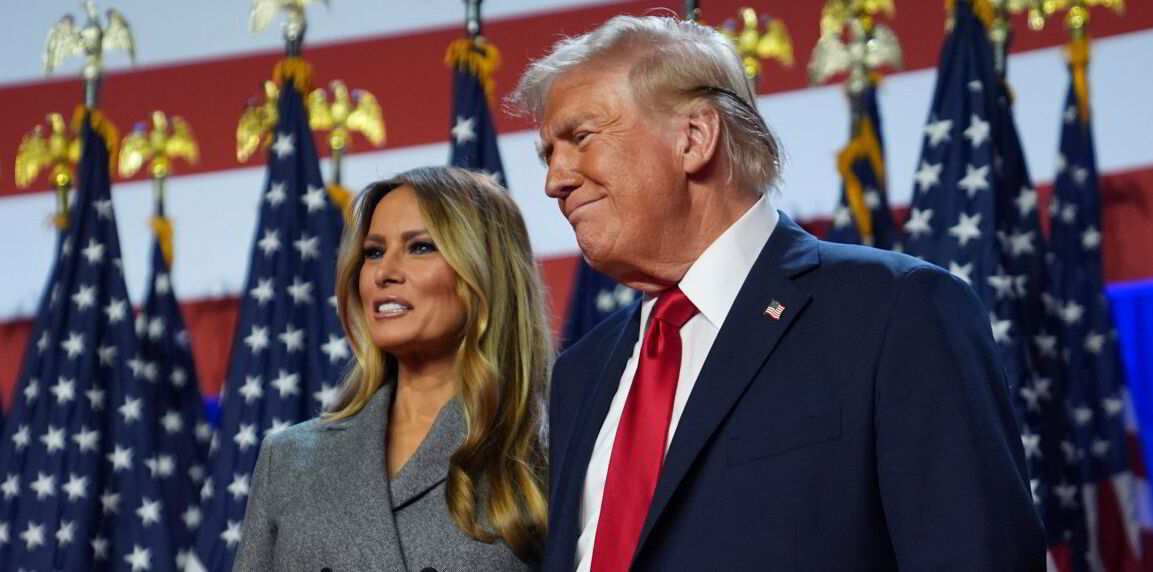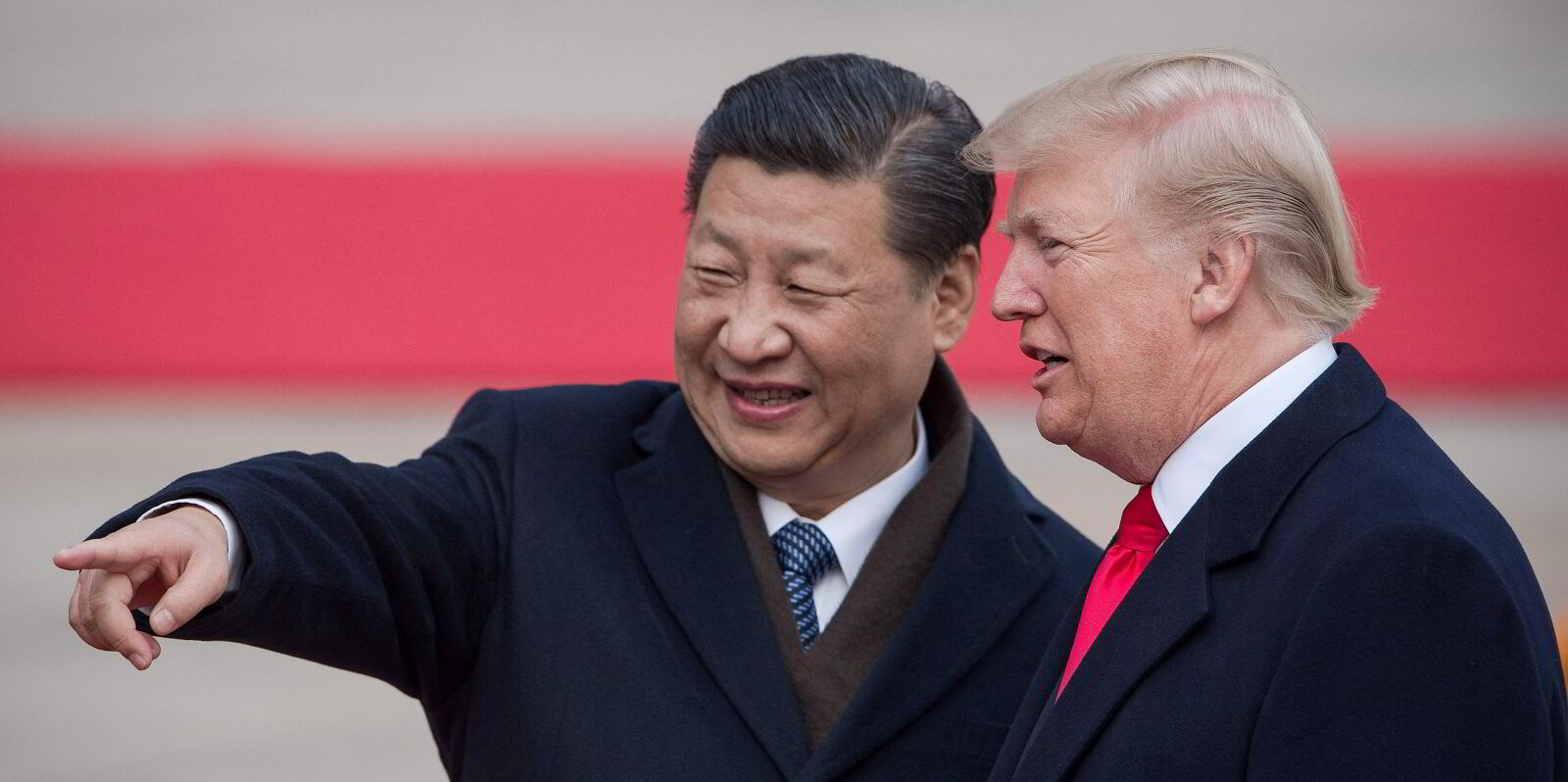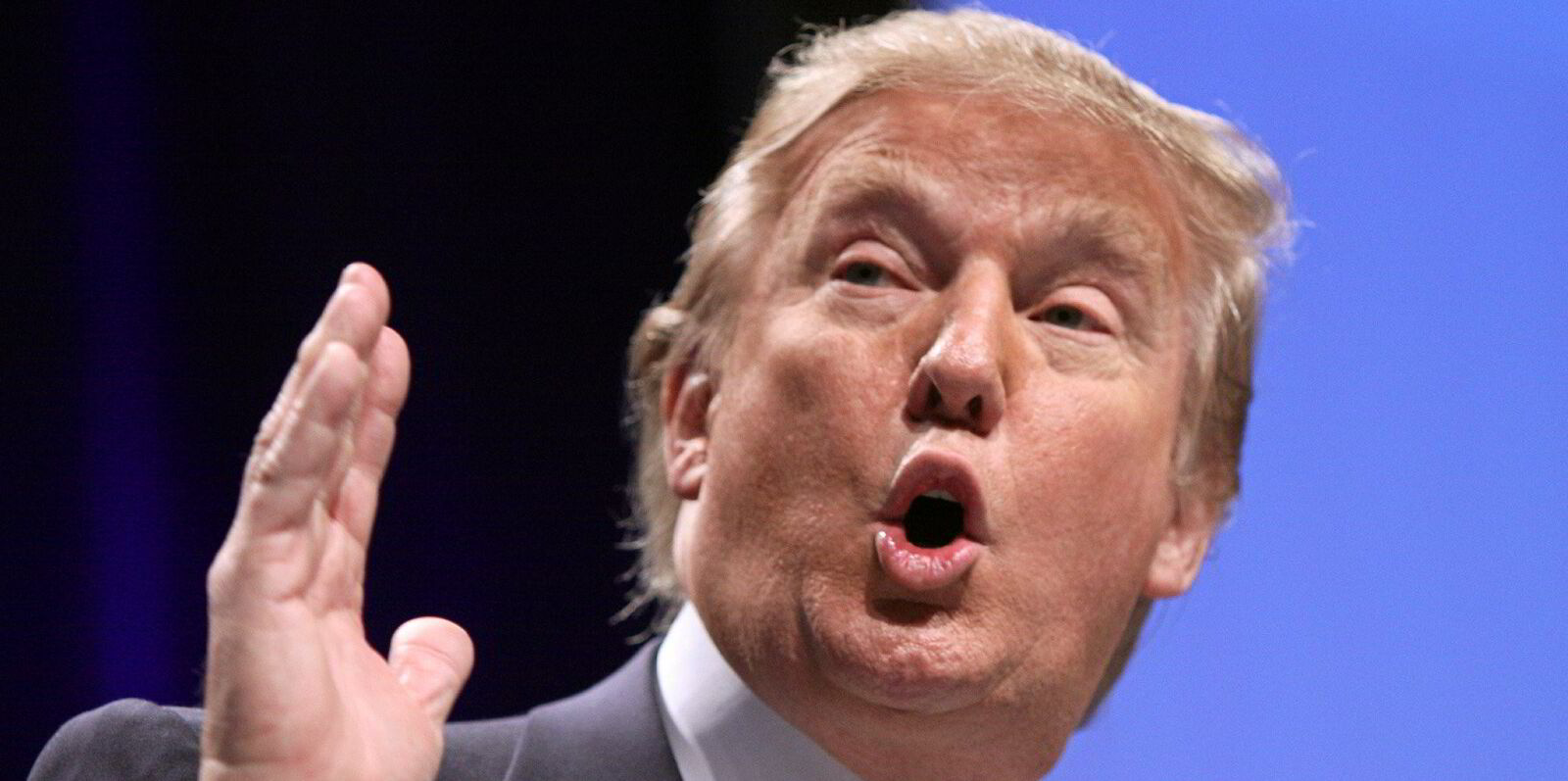The main stock markets in Europe and Asia rose as Donald Trump won the US presidential election, with shipping privately welcoming the 78-year-old back to the White House.
Both Frankfurt’s DAX index and London’s FTSE 100 gained more than 1%, amid what is being branded the “Trump Trade” by financial players.
In shipping specifically, stocks moved in different directions with energy-linked equities gaining ground and container stocks falling, led by AP Moller-Maersk.
Trump has secured a second term in the White House while the Republicans are likely to win a majority in the Senate.
The president-elect spoke today of having an “unprecedented and powerful mandate” as results flowed in and pointed to a clear victory.
Pareto Securities head of research Eirik Haavaldsen said in a note: “If taking Trump’s politics at face value, it’s hard to see how shipping sentiment could improve based on this.
“Hard to fully grasp what can be bargaining threats and what is going to be actual policy — and very important to highlight that shipping equities have performed miserably recently — so should be plenty of concerns already in the market.”
While Trump is a politician who generates a lot of emotion, multiple shipping sources privately are welcoming his return and speculating on how he will benefit the market.
One tanker owner reflected simply that a Trump return to the White House was “obviously much better”. He added: “We can do business again now.”
One dealmaker reflected: “Some are bearish. I’m positive in the long run. More oil to market, less war if he doesn’t stop it all. I think he will handle the Russia situation and will be more strict on Iran and the shadow fleet.
“It will be a bumpy road and some trade wars with China. Trump is a business person, not a bureaucratic politician.”
Most shipping stocks were little changed but the big losers were container liners.
Haavaldsen said: “This should imply additional tariffs on US imports, with 10% on ‘everything’ previously seen as consensus (but with risk to the upside).
“Will also result in a stronger dollar — hurting trade further. This is going to be a negative for an already struggling global manufacturing sector — and hurt shipping demand across the board. Liners and car carriers the obvious ones.”
AP Moller-Maersk fell more than 5% in Copenhagen and Hapag-Lloyd lost 3% in Frankfurt.

DNB portfolio manager Einar Johansen told TradeWinds: “With his tariff and trade policy, we believe shipping equities would see the most volatility in a Trump scenario.
“But our exposure with a focus on tankers and fewer containers and car carriers should perhaps be more shielded.
“A Trump victory, we believe will be slightly more beneficial short term, but create more volatility and have more downside risk medium to long term as the effects of economic policy filter through,” Johansen added.
Trump is positive for tankers
Frontline and Torm shares were fractionally up.
One public tanker owner said: “I think Trump is positive for tankers. He supports a harder line against Iran. Every barrel of reduced exports from Iran is a barrel added from a country that is not sanctioned.
“I do not believe the Ukrainian war will be resolved as easily as he hopes. Plus, the main issue of the Russian dislocation is the EU import ban. Unless the EU caves in, we will still have rerouting of the Russian barrels, but perhaps without the price cap and on normal tonnage. That is the most bullish scenario.”
One energy analyst said: “I don’t think he really controls how much America will drill, but he won’t bring in any policy to discourage it. It’s more about how he deals with Iran and Russia and also China in trade terms.”
Haavaldsen said: “For tankers, the potential of an end to the war between Russia and Ukraine will be negative, although the picture is obviously complicated.
“Tightening sanctions on Iran could help VLCCs but could also hurt Chinese oil demand further. This has been the key reason for weak tanker markets this year (lack of Chinese growth), and a ‘trade war’ here is unlikely to help.”
Golden Ocean shares dropped about 1% in Oslo.
“For dry bulk, the picture might be a little more complicated, with Chinese fiscal stimulus perhaps more likely against the US threat,” Haavaldsen said.





